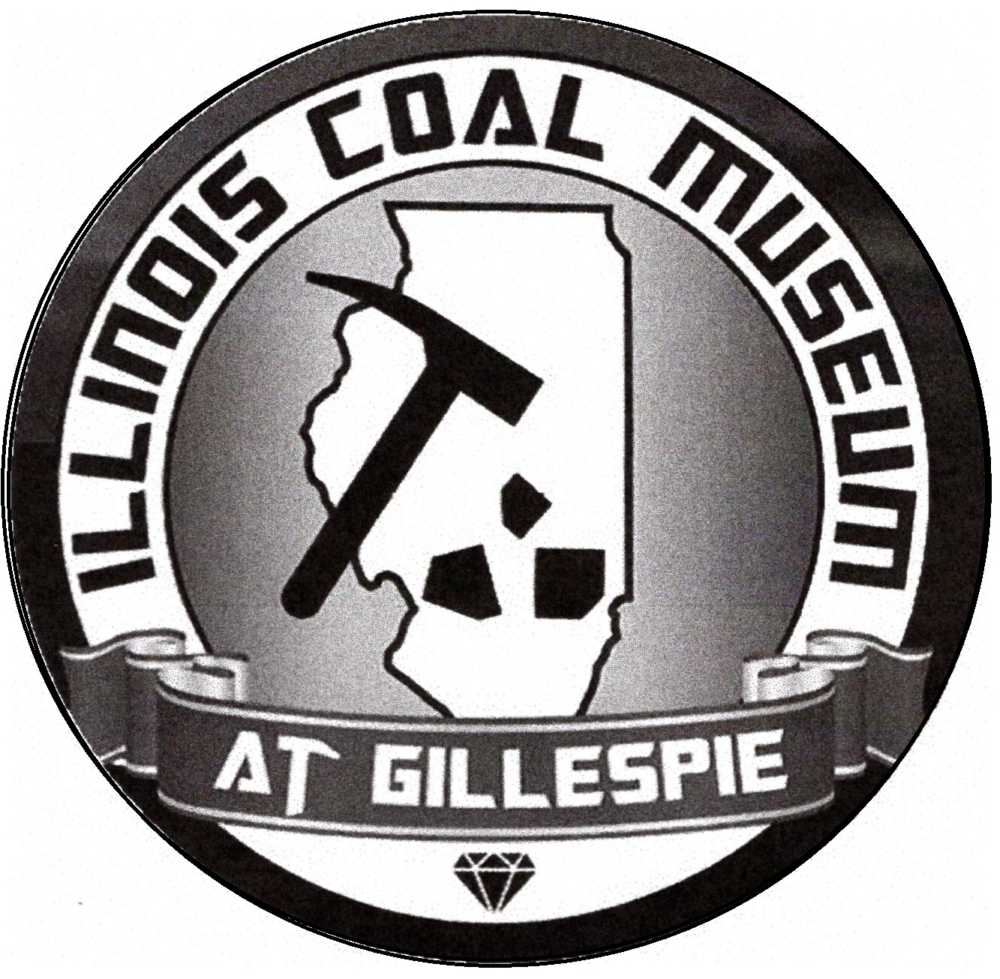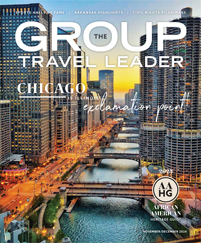Illinois Coal Museum at Gillespie
121 S. Macoupin St.
Gillespie, Illinois, 62033
Gillespie, Illinois, 62033
Are you currently open for group business?
Yes
What restrictions or limitations are currently in effect in your state?
Currently we require face masks, provide hand sanitizer, and request group leader contact number.











